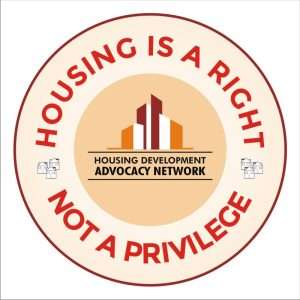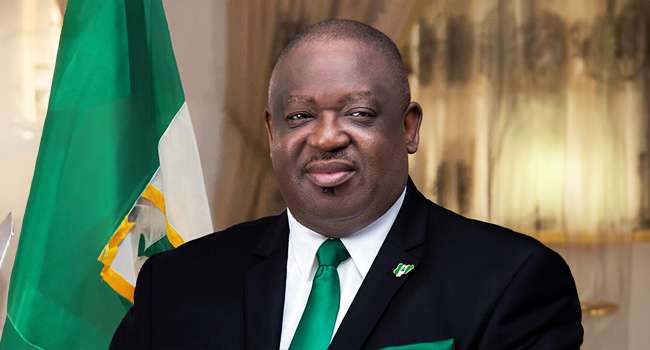The World Bank has allocated N5 billion to 140 communities across 17 local government areas in Plateau State as part of its initiative to address the adverse effects of climate change.
The bank’s Country Director for Nigeria, Ndiame Diop, made this announcement on Thursday in Jos during the official disbursement ceremony for the selected communities.
Mr. Diop explained that the funds are being distributed under the Agro Climate Resilience in Semi-Arid Landscape (ACReSAL) project, specifically through its Community Revolving Fund (CRF) component.
“Desertification and climate change are threatening agriculture, which is a major livelihood for Plateau’s residents. This initiative supports communities in implementing climate-resilient strategies,” he said.

The pilot phase will begin with 10 communities, with additional funding earmarked for future phases. Mr. Diop emphasized that the CRF operates as a loan programme aimed at fostering community-driven projects focused on sustainable land and water management.
In addition to financial aid, the World Bank has provided 20 tractors and farming inputs to Plateau State to further its agricultural resilience efforts.
Governor Mutfwang Commends Initiative
Governor Caleb Mutfwang expressed gratitude to the World Bank for prioritizing Plateau State, emphasizing that the initiative would significantly empower communities to tackle climate challenges and enhance food security.
“This project will help local communities adopt innovative strategies to address climate change and ensure sustainable development,” the governor said.

He urged beneficiaries to use the funds responsibly, warning that violators would face strict sanctions.
“We will audit every project to ensure accountability. Remember, this is not free money—it must be repaid. I encourage beneficiaries to avoid misusing the funds, including personal expenditures such as taking additional wives,” he added.
Governor Mutfwang also assured transparency in the selection process, noting that beneficiary communities were chosen based on merit and predetermined criteria.
The ACReSAL project aligns with a 10-year watershed management plan designed to mitigate desertification and climate risks while promoting economic growth and poverty reduction.




